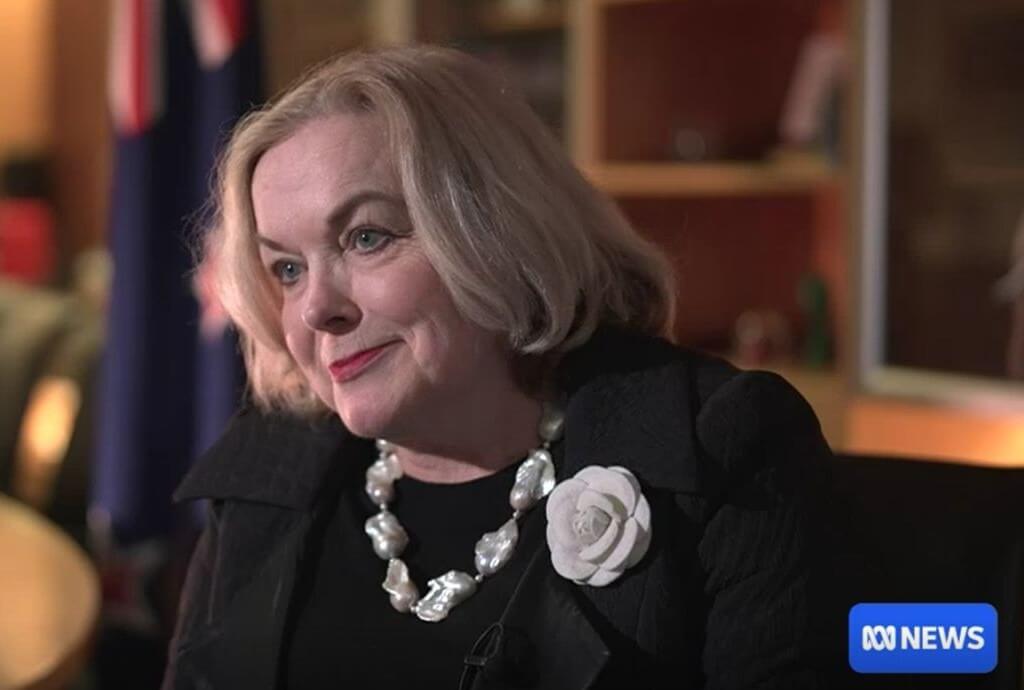Seven government agencies involved
Chief Ombudsman Judge Peter Boshier is raising another investigation into the handling of Official Information Act (OIA) requests across seven agencies. The Act, passed in 1982, is meant to give the public access to Government documents and provide transparency. The investigation is driven by concerns raised by journalists and members of the public regarding frustrations over delays in receiving responses to OIA requests sent to those agencies.
The goal of the new investigation is to make recommendations for changes in time for the new Government after the next election. In a statement, Boshier writes “Adherence to the letter and spirit of the OIA is especially important in an election year to ensure an informed electorate. If there is any ministerial interference, gaming or unnecessary consultations or sign-offs taking place, especially for what could be described as high risk or sensitive requests, this needs to be stopped. The public has a right to be informed and not kept in the dark until the last minute especially in an election year.”
Agencies under investigation include, Treasury, Health NZ, Pharmac, Kainga Ora, the Department of Internal Affairs, the Department of the Prime Minister and Cabinet, and Transpower.
The Chief Ombudsman also wants to investigate the New Zealand Police for the reason NZ Police National headquarters had failed to respond to more than half of the requests made to them within the allotted 20 days in 2020. However, Mr Boshier says he’s limited to investigating OIAs and jurisdiction over the police falls to the Independent Police Conduct Authority.
Previous investigations
A September 2022 investigation of 12 government departments found that OIA responses were delayed by being pushed to other departments at the last minute, and that ministers were given a “heads up” five days prior to the OIA being released to the requester. The investigation was a follow up to a 2015 investigation that found agencies were compliant “most of the time”.
The investigation by the Ombudsman found some agencies appear to lack the resources and knowledge on how to act on requests in a timely manner. He called for a culture of change as there was widespread belief that some information doesn’t fall within the scope of OIA law, which Boshier said was fueling distrust in media organisations and journalists. The earlier investigation also highlighted data mismanagement across multiple departments.
Requests doubled
The number of requests sent to the Government has doubled over the last six years to around 50,000 requests per year. Prime Minister Jacinda Ardern has previously said her Government’s handling of requests is on average 12.5 days. Ardern sought to add context saying sometimes the requests are for conspiracy theories where the Government has no such information.
Disinformation and interference
The Ombudsman said that timely information from government agents helps combat disinformation, something he saw as problematic during COVID-19.
Previously, evidence given by (now-former) Hamilton West Labour MP Guarav Sharma suggested Labour MPs were coached in how to avoid OIA requests.
Documents acquired by Newshub apparently showed intentional delay caused by agency workers waiting on ministerial approval, which is prohibited by law.



















